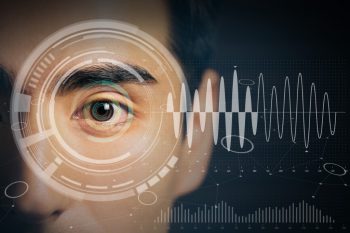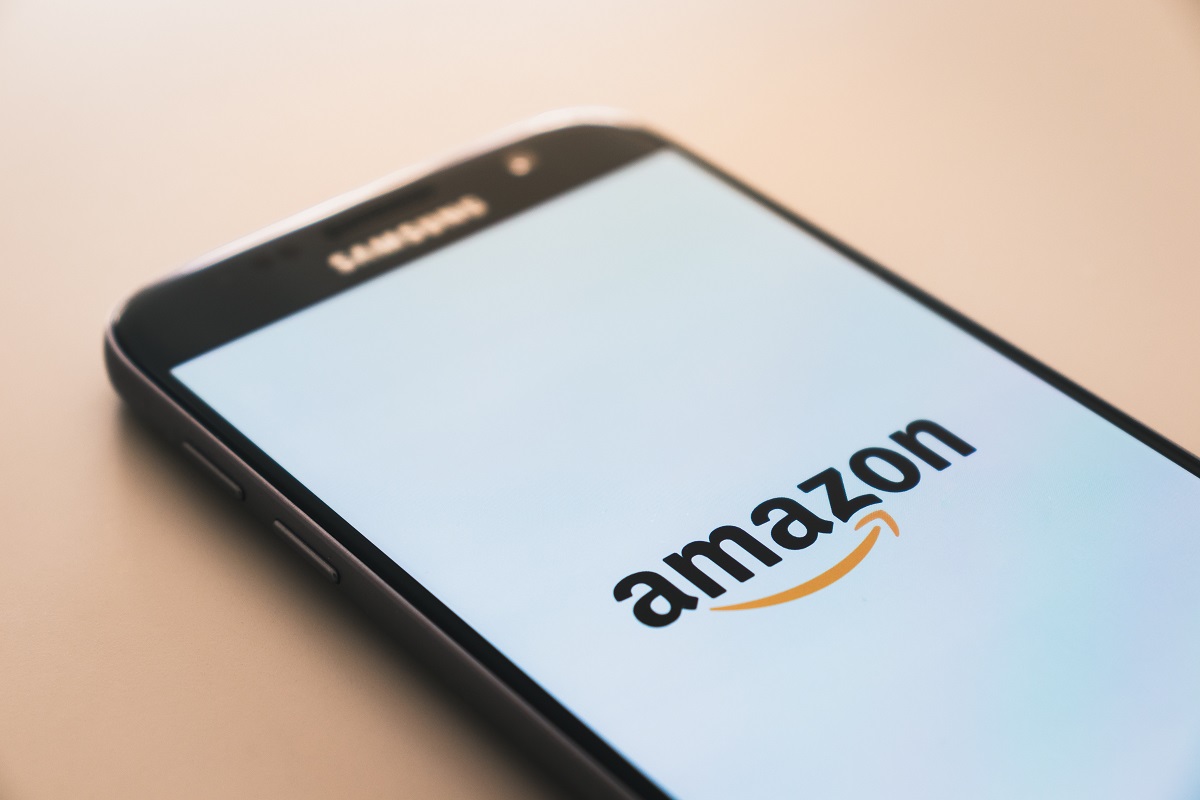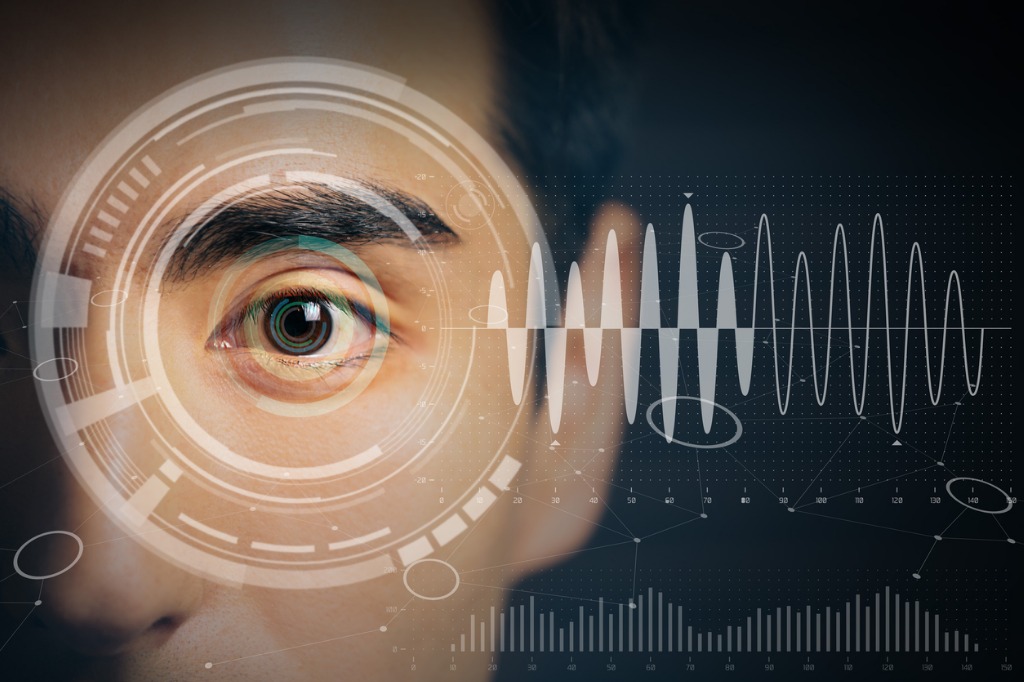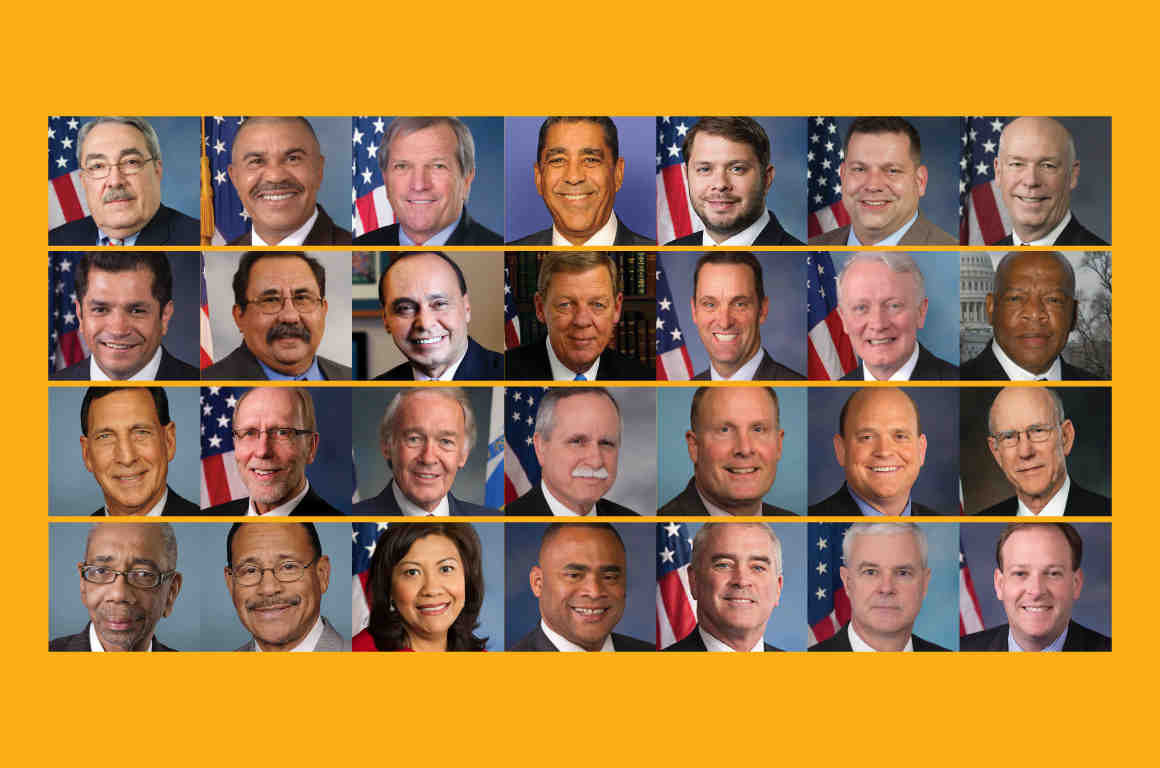Detroit Police chief says AI face recognition doesn’t work ‘96% of the time’
Detroit Police chief Editor Craig has acknowledged that AI-powered face recognition doesn’t work the vast majority of times.
“If we would use the software only [for subject identification], we would not solve the case 95-97 percent of the time,” Craig said. “If we were just to use the technology by itself to identify someone, I would say 96 percent of the time it would misidentify.”
Craig’s comments arrive just days after the ACLU (American Civil Liberties...







